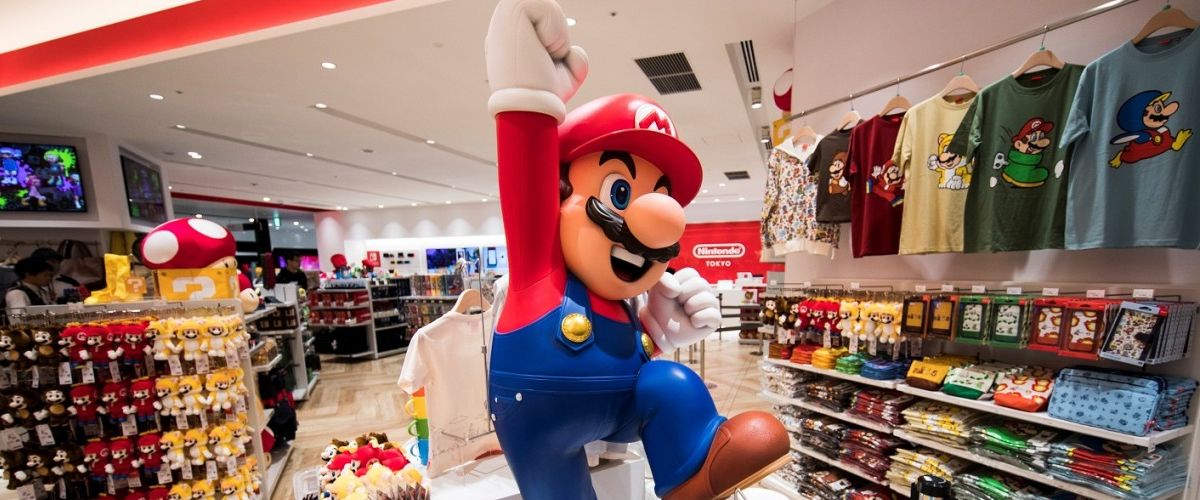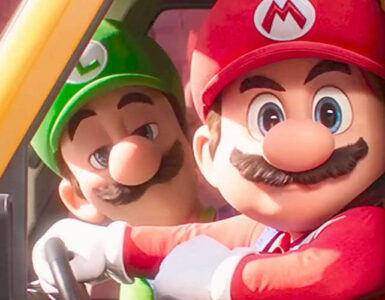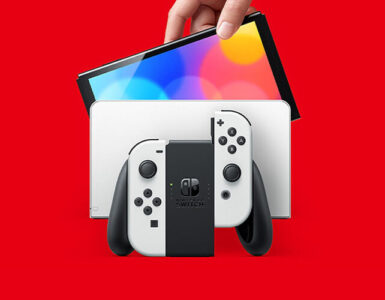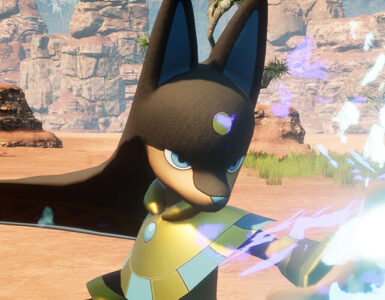The rise of generative AI is the latest talk of the town, attracting keen interest from various tech and gaming companies, including Microsoft and EA. But not everyone is a proponent, with Nintendo doubling down on its stance against the use of generative AI.
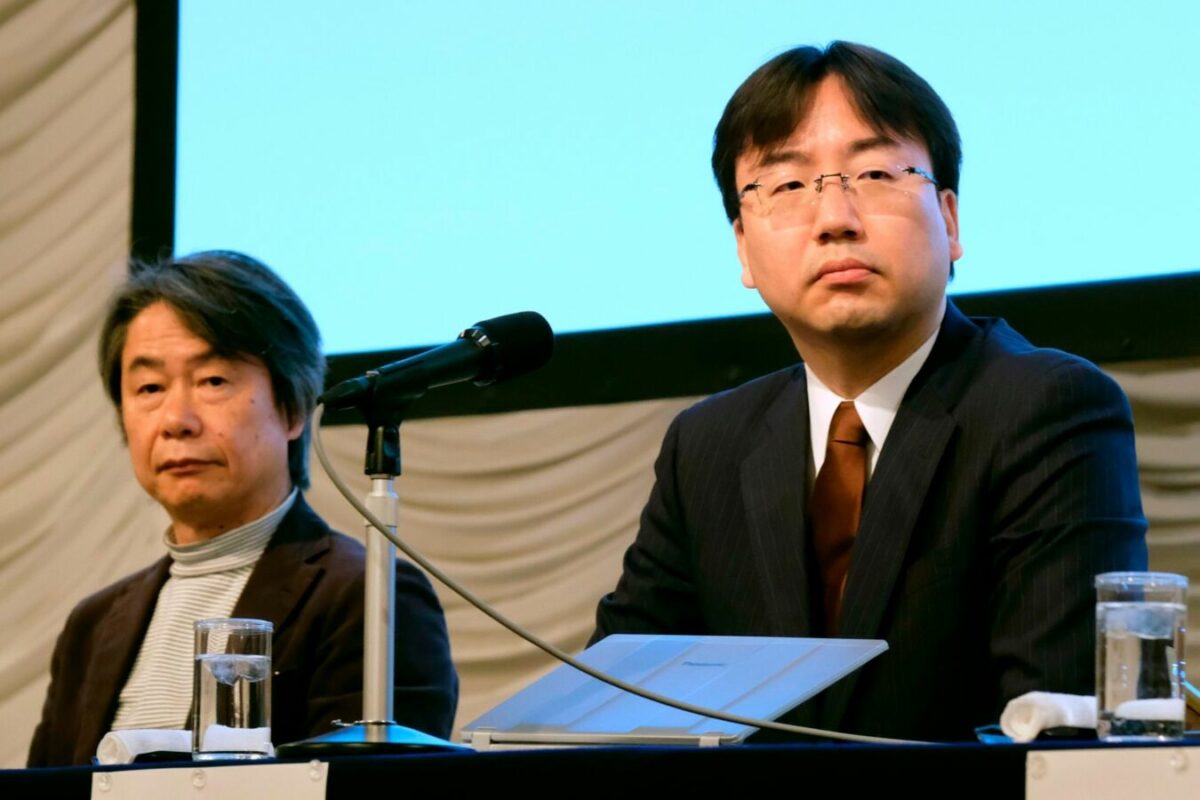
In response to a recent investor call, president Shuntaro Furukawa acknowledged that the tech can be used “in creative ways,” but also raises “issues with intellectual property rights”. Instead, he places his faith in the brand’s “decades of know-how” to deliver “value that is unique to Nintendo and cannot be created by technology alone”.
“In the game industry, AI-like technologies have long been used — for example, to control the movements of opponent characters — so I believe that game development and AI technology have always had a close relationship,” reads the document. “Generative AI, which is becoming a big topic recently, can be used in creative ways, but we recognise that it may also raise issues with intellectual property rights.
“We have decades of know-how in creating the best gaming experiences for our players. While we are open to utilising technological developments, we will work to continue delivering value that is unique to Nintendo and cannot be created by technology alone.”
It’s a sentiment that aligns perfectly with Nintendo’s practices, especially when it comes to their notoriously protective IP treatment, including issuing cease-and-desists and copyright strikes against mods, fan art, fan games, emulators, ROM hosting sites, and any other forms of unofficial content. Traditionally, the industry giant is also known to be a trendsetter rather than a follower, so it all checks out.
In contrast, Microsoft is reportedly making an Xbox AI chatbot to automate support tasks and has revealed plans to use AI to write in-game quests and dialogue in future games. EA, meanwhile, expressed that “more than 50 percent of our processes will be positively impacted by the advances in generative AI,” adding the tech will make game development “more efficient”. Likewise, Embracer Group is looking to “empower” its staff with the tech’s “capability to massively enhance game development by increasing resource efficiency”.
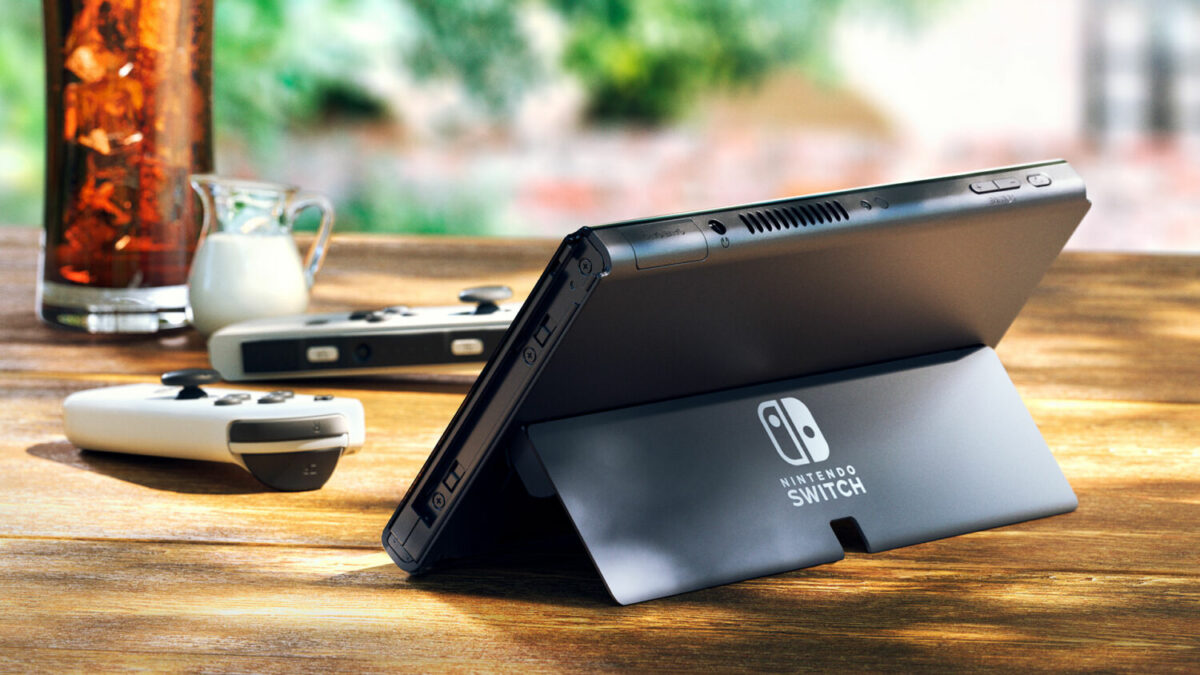
Nintendo’s comforting stance is a refreshing breath of air amid the worrying adoption of generative AI. The concerns are well-warranted — not only is it a slap in the face for the gaming industry, which continues to be plagued with mass layoffs, the tech has diluted the value of creativity as well as art and content creation. Plus, there are a host of ethical and copyright issues to consider.
Previously, The Witcher voice actor Doug Cockle expressed caution and frustration at the ongoing wave of generative AI fabulism, calling it “inevitable” but “dangerous”, and we are inclined to agree.

